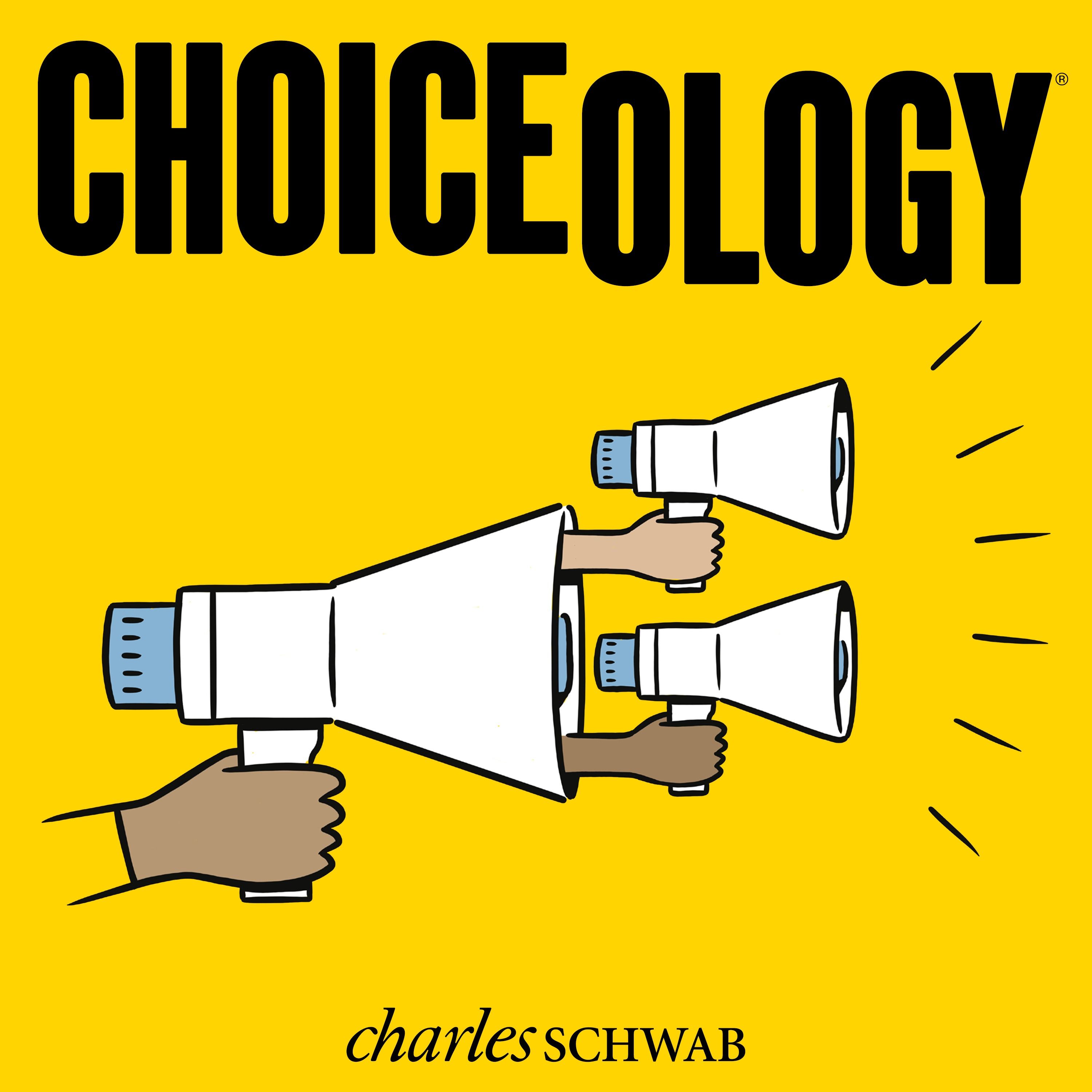View Transcript
Episode Description
You've probably been in situations where multiple friends recommend the same product. It must be great, if everyone is talking about it, right? But then you find out that those friends had all just seen the same product on a popular TV show. What seemed like independent recommendations really came from a single source.
In this episode of Choiceology with Katy Milkman, we consider the consequences of missing out on the true source of information when we're exposed to that information through multiple channels.
Joe Schwarcz tells the story of two-time Nobel laureate Linus Pauling and his obsession with the healing powers of vitamin C. Pauling was a venerated and accomplished chemist, so when he wrote the book Vitamin C and the Common Cold, the world took note. His claims about the health benefits of vitamin C were echoed innumerable times by health writers and influential figures in books and magazines and TV commercials. The problem was, there was little evidence to support those claims.
Joe Schwarcz is the director of the Office for Science and Society at McGill University, where he is also a professor of chemistry.
Next, Katy speaks with Florian Zimmermann about the dangers of mistaking multiple sources of information as independent.
Florian Zimmerman is a professor of economics at the University of Bonn who, along with Harvard economist Benjamin Enke, uncovered the problem of correlation neglect.
Choiceology is an original podcast from Charles Schwab. For more on the show, visit schwab.com/podcast.
If you enjoy the show, please leave a rating or review on Apple Podcasts.
Important Disclosures
The comments, views, and opinions expressed in the presentation are those of the speakers and do not necessarily represent the views of Charles Schwab.
Data contained herein from third party providers is obtained from what are considered reliable sources. However, its accuracy, completeness or reliability cannot be guaranteed.
All corporate names and market data shown above are for illustrative purposes only and are not a recommendation, offer to sell, or a solicitation of an offer to buy any security.
The policy analysis provided by the Charles Schwab & Co., Inc., does not constitute and should not be interpreted as an endorsement of any political party.
Investing involves risk including loss of principal.
The book How to Change: The Science of Getting from Where You Are to Where You Want to Be is not affiliated with, sponsored by, or endorsed by Charles Schwab & Co., Inc. (CS&Co.). Charles Schwab & Co., Inc. (CS&Co.) has not reviewed the books and makes no representations about its content.
0825-VH6M
